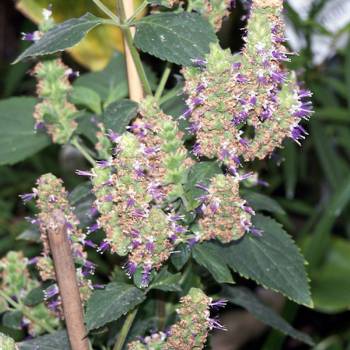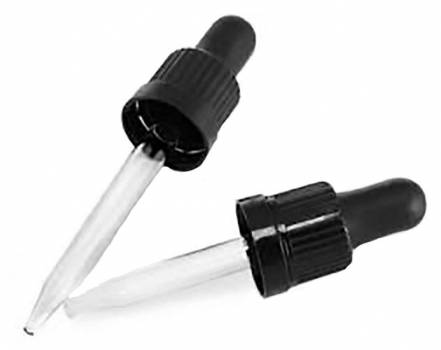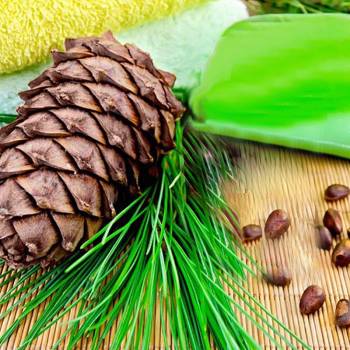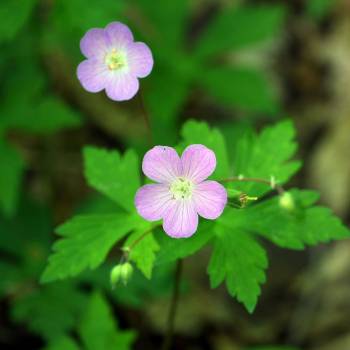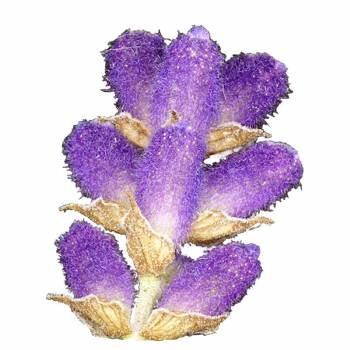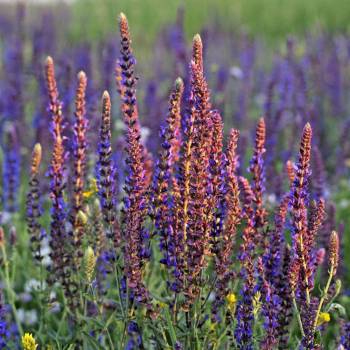Welcome Sign in
Product successfully added to your shopping cart
There are 0 items in your cart. There is 1 item in your cart.
Patchouli - Pogostemon cablin
This oil has a persistent, musky, earthy, exotic aroma. Soothes and uplifts the spirit. Is soothing to the skin and is reported to be especially good for mature skin. Useful in protecting dry, mature or blemished skin, Sensual properties, Musky aroma lingers. Used in the East to scent linen and clothes and to repel fleas and lice. Can prevent sleep with its nerve stimulating properties.
New
Data sheet
| County of Origin | Indonesia |
| Therapeutic Properties | Anti-anxiety, anti-bacterial, anti-depressant, anti-fungal, anti-inflammatory, anti-septic, cicatrisant, deodorant, Insect repellent, sedative, tonic |
| Botanical Family | Lamiaceae |
| Chemical Family | Sesquiterpenes, Sequiterpenols |
| Approx. Shelf Life | Better with age |
| Plant Parts | Leaves |
| Note Classification | Base |
| Method of Extraction | Steam Distilled |
| Blends well with | Vetiver, Sandalwood, Cedarwood, Geranium, Clove, Lavender, Rose, Neroli, Bergamot, Myrrh, Clary sage |
More info
History: Used in the East primarily as a preventive measure against disease. It is also used to treat colds, headaches, nausea, vomiting, diarrhea, abdominal or menstrual pain, and snake bites. Arabs used it to repel fleas and lice from bedding.
Characteristics: A base note with a medium aroma, Patchouli has an earthy aroma with light fruity notes.
Clinical Studies:
Indications: Used as a aphrodisiac. Used to stimulate the nerves, to prevent sleep, uplift moods, to induce euphoric conditions, repel insects, and to heal the skin. A skin remedy for acne, eczema, inflamed, cracked, chapped, irritated skin, athletes foot, and dandruff. It is known as a cell rejuvenator found in anti-scar blends.
Personality Profile:
Subtle Aromatherapy:
Mode of Administration: Aroma lamp, bath, inhaler, light bulb ring, liquid candle, massage, mist spray, perfume.
Safety: Dilute before use; for external use only. May cause skin irritation in some individuals; a skin test is recommended prior to use. Contact with eyes should be avoided.

